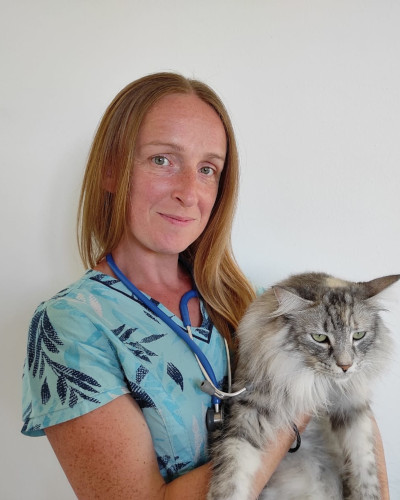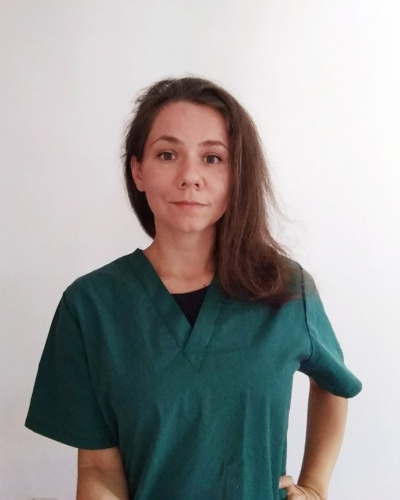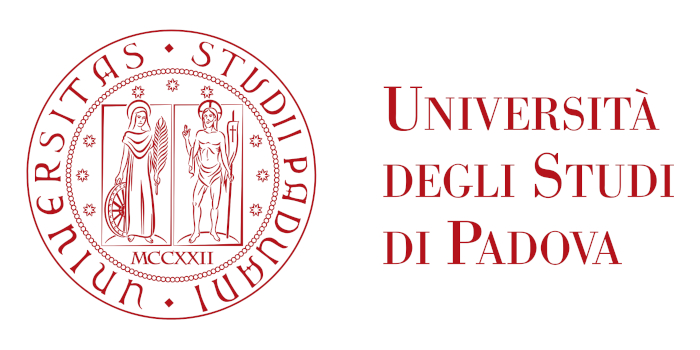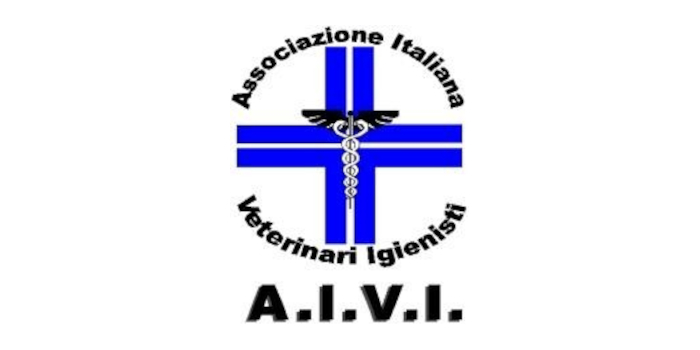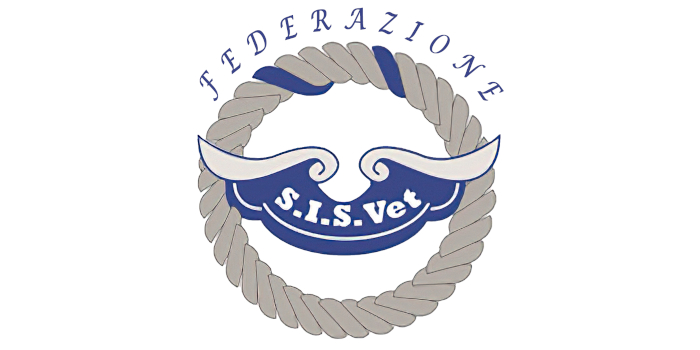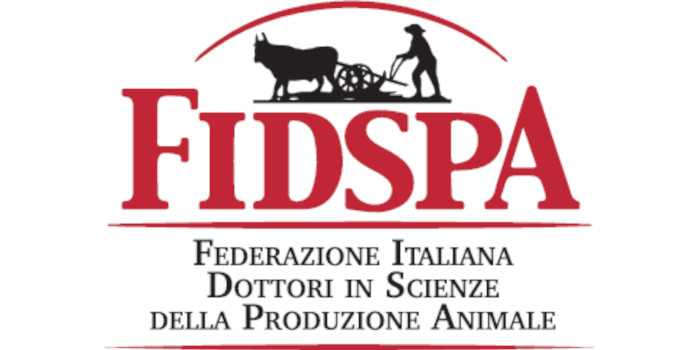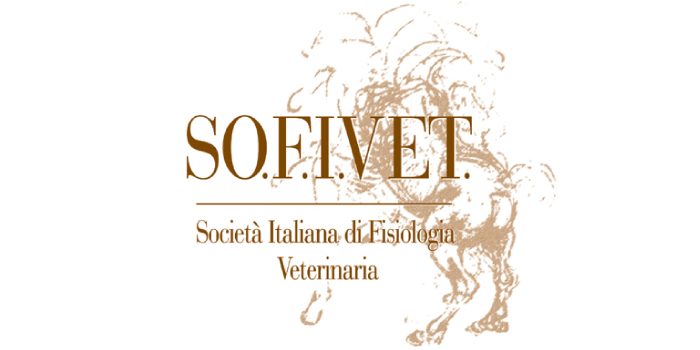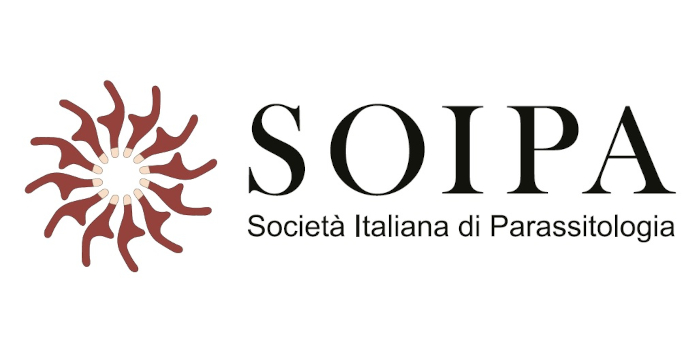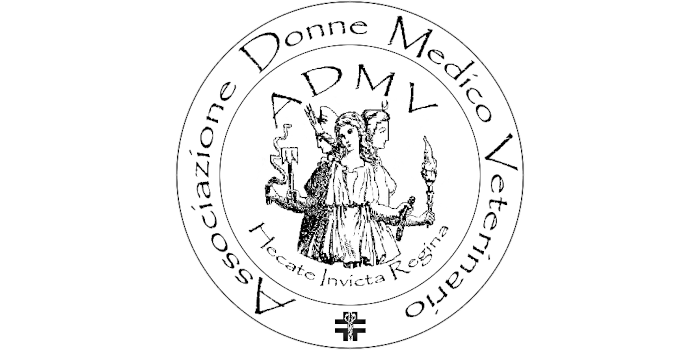SPECIAL SESSION #05
AI applications in Veterinary Medical Imaging
ORGANIZED BY
Silvia Burti
Dep. of Animal Medicine, Productions and Health, University of Padua, Italy
Polina Zemko
Dep. of Animal Medicine, Productions and Health, University of Padua, Italy
Nicolò Mastromattei
Dep. of Animal Medicine, Productions and Health, University of Padua, Italy
SPECIAL SESSION DESCRIPTION
Over the past decades, the field of veterinary diagnostic imaging has advanced remarkably with the integration of artificial intelligence (AI) algorithms. By automating classification and segmentation tasks across radiography, CT, and MRI, AI can support veterinarians in detecting lesions, assessing cardiac and organ abnormalities, segmenting tumors, enhancing image quality, and assisting in the diagnosis of complex diseases.
This special session aims to discuss the expanding role of AI in both routine veterinary practice and specialized medical applications, highlighting its contribution to improving diagnostic accuracy, workflow efficiency, and clinical decision-making. The session also seeks to bring together veterinarians from different specialties to share perspectives on how advances in diagnostic imaging and AI can contribute to the continuous improvement of animal care and management.
We welcome original research and applied studies exploring the use of AI in veterinary diagnostic imaging, with a particular focus on interdisciplinary approaches. Topics of interest include AI applications for the classification and segmentation of potentially malignant lesions (linking imaging with oncology and surgery) as well as the detection and contextual interpretation of organ abnormalities related to internal medicine, obstetrics, and neurology.
Submissions addressing orthopedic and traumatic pathologies, or focused on core imaging tasks such as anomaly detection, image quality assessment, and reduction of interpretation errors, are also encouraged.
ABOUT THE ORGANIZERS
Silvia Burti, (DVM, PhD), Researcher (RTDa) at the department of the Department of Animal Medicine, Productions and Health, University of Padua. Graduated in Veterinary Medicine in 2017 with a thesis on liver parenchyma texture analysis in ultrasound to assess the degree of degeneration. She worked for a period in a veterinary clinic before obtaining her PhD in Veterinary Science in 2022, with a project focused on the application of artificial intelligence algorithms (Machine Learning) for the classification of splenic and hepatic masses in canine CT images. Her main area of research is the use of artificial intelligence applied to veterinary medical imaging, with applications on thoracic radiology (for the recognition of nodules, cardiomegaly, lung patterns and other major abnormalities in X-ray and CT), abdominal CT imaging, and radiographic image quality studies. In parallel, she has also investigated the use of contrast-enhanced ultrasound (CEUS) for the assessment of hepatic, pancreatic, and adrenal masses in dogs and cats.
Polina Zemko, PhD, DVM is a Research Fellow in the Department of Animal Medicine, Production, and Health at the University of Padua, Italy, where she has been working since October 2023. Her research focuses on comparative aging in dogs and humans, with particular emphasis on identifying aging biomarkers, estimating biological age, and developing training datasets for AI algorithms in veterinary CT imaging.In addition to her academic work, Dr. Zemko brings hands-on veterinary experience. She served as a veterinarian at the University of Padua’s Veterinary Teaching Hospital from April to October 2024 and continues to collaborate with the hospital’s Radiology Unit.
Dr. Zemko earned her Doctor of Veterinary Medicine (DVM) from the University of Padua in December 2022. Prior to her veterinary studies, she completed a PhD in Astronomy at the University of Padua in 2017, conducting her doctoral research in collaboration with the University of Wisconsin–Madison (USA). Her PhD research focused on X-ray data analysis from space-based satellites. She also holds a Master’s degree in Astronomy from Lomonosov Moscow State University (2012).
Nicolò Mastromattei, graduated with honors in Veterinary Medicine from the University of Padua, with a thesis titled “Development of an Artificial Intelligence-Based Algorithm for the Prediction of Left Atrial Enlargement in Cats Affected by Cardiomyopathies from Thoracic Radiographs”, focusing on the application of convolutional neural networks in radiology. He is currently a PhD student in the Department of Animal Medicine, Production and Health at the University of Padua, working on the application of artificial intelligence in veterinary diagnostic imaging.


